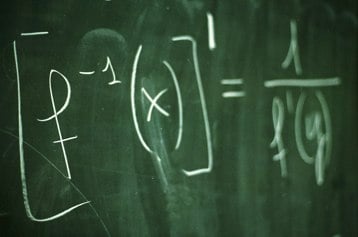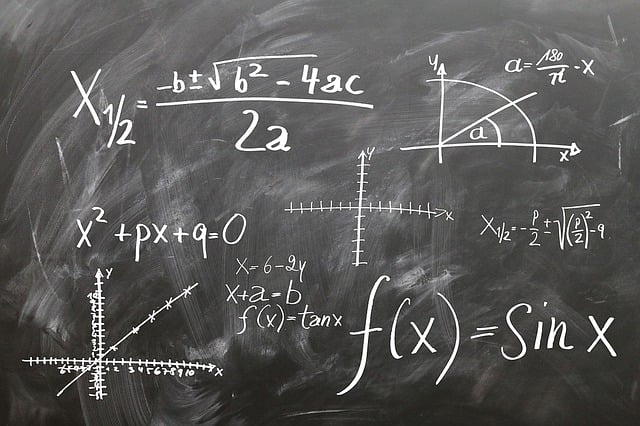SAT Math Practice

 SAT math practice can make an enormous difference on your SAT score. Most students don’t realize that each additional math question they get correct often results in a 10 point increase in their math score. So if you learn just 5 math strategies before you take the SAT and you get 5 additional questions correct, that often results in a 50 point increase in your score!
SAT math practice can make an enormous difference on your SAT score. Most students don’t realize that each additional math question they get correct often results in a 10 point increase in their math score. So if you learn just 5 math strategies before you take the SAT and you get 5 additional questions correct, that often results in a 50 point increase in your score!
SAT math practice is very repetitive; the SAT tests you on the same math concepts over and over again. Proportions, exponents, slope, and Pythagorean Theorem are just a few examples of math questions that you are guaranteed to see on every SAT.
When a student is working on SAT math practice, the most important strategy to master is “Plugging in Numbers.” Anytime you see a math question with variables in the answers, you can plug in your own numbers to answer the question. Students would much rather work with numbers rather than variables when they are working on math questions.
When students ask how much SAT math practice they should be doing each week, the answer is at least 1 – 2 hours per week in the 8 weeks leading up to the SAT. Many students lack confidence on the SAT and feel that they are bad test takers. However, SAT math practice can make a big difference; students should know that if they put in the time, they will see a big difference in their SAT math score.
In fact, reading and understanding the math questions is often the hardest part. Students often have an easy time with the actual math concepts because much of the math on the SAT is basic 9th and 10th grade math. One final point: when students do SAT math practice questions, they should always time themselves. Students get a little over 1 minute per math question on the SAT.


